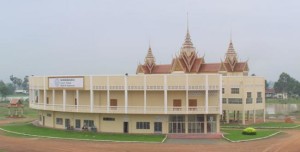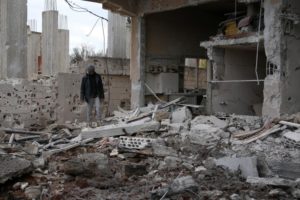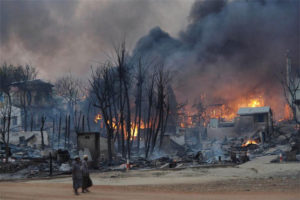
ECCC
Dr. BIT Seanglim and Wayne Jordash QC, Co-Lawyers for Ms. IM Chaem, welcome the decision by the Co-Investigating Judges to dismiss the charges against our client. We are grateful to the Co-Investigating Judges for their careful consideration of the facts and the law and their decision to issue the disposition of the Closing Order to ensure Ms. IM Chaem’s rights.
The ECCC has shown with this landmark decision that it is capable of delivering justice that meets international standards. Although we await the full reasoning of the Co-Investigating Judges, we are confident that the decision - that the ECCC lacked personal jurisdiction over our client - reflects a reasonable view of the evidence and the law. We are satisfied that the Co-Investigating Judges adequately and fairly evaluated the evidence to find that Ms. IM Chaem was neither a senior leader nor one of those “most responsible”. As was crystal clear from any reasoned view of the evidence and the law, this was not a case that the International Co-Prosecutor ought to have pursued and it has cost our client dearly.
There are of course no winners in cases such as these. The International Co-Prosecutor ought to have pursued justice for the victims by adopting a more careful and focused approach on relevant suspects. On any reasonable view of the evidence, it was always clear that Ms. IM Chaem was not such a person. Nonetheless, despite these regrettable circumstances and after almost ten years of investigation, our client welcomes the dismissal of all charges. She has always denied every allegation and today’s decision is a significant step towards vindicating her and clearing her name. The decision is a milestone in her long and difficult march towards justice.
Accordingly, the Defence looks forward to receiving the full reasoning in support of the decision in the near future. At this time, the Defence hopes that the International Co-Prosecutor will properly consider and weigh the interests of justice in deciding whether to pursue an appeal of this decision.


